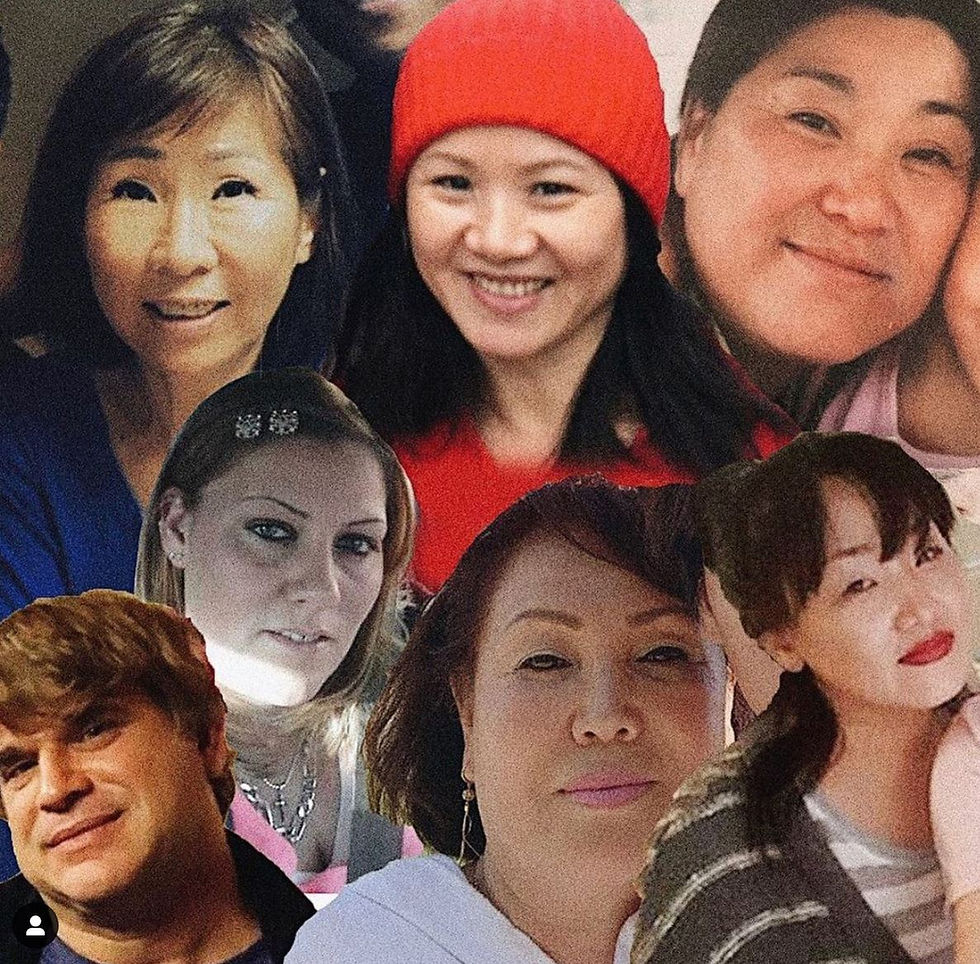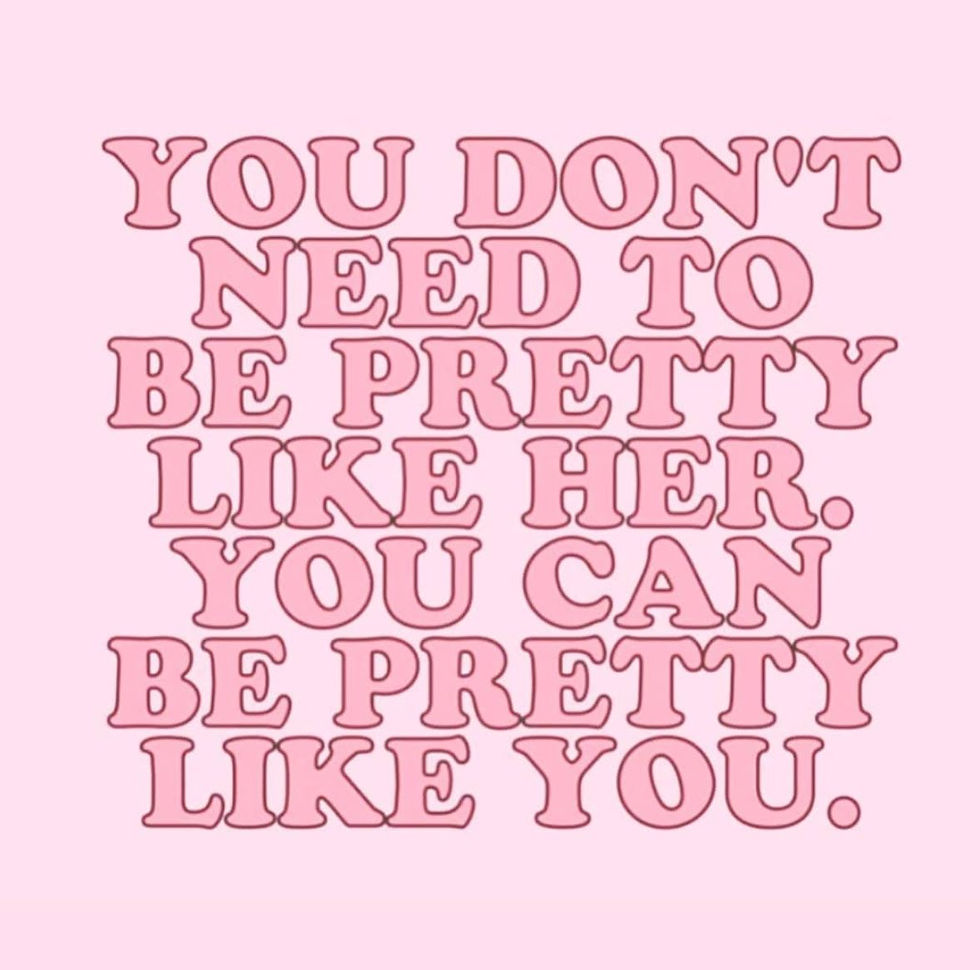By Evie Herndon

On Tuesday, March 16, 2021, Soon Chung
Park, Hyun Jung Grant, Suncha Kim, Yong Ae Yue, Delaina Ashely Yaun, Xiajie Tan, Daoyou Feng, Paul Andre Michels, and Elcias R Hernandez-Ortiz were brutally murdered in a spa in Atlanta, Georgia.
Their deaths mark the initial uproar of a long-overdue movement against Asian racism in the United States. While the shooting cannot yet be entirely attributed to anti-Asian sentiment, it was the breaking point for many AAPIs (Asian Americans and Pacific Islanders) to stand up and finally say enough is enough. The narrative of bigotry and discrimination towards Asian Americans has a long and painful history. Recently, the issue has escalated due to the accusatory nature of people blaming the pandemic on China.
After a series of devastating events towards Asians in the United States, our world is finally listening to the narrative. As a non-Asian female, I cannot begin to understand or explain the issue as it needs to be explained. But here are the stories of some beautiful, strong, and brave AAPI women.
Annie Cater's Story-

I was born in Seoul, South Korea, but raised in a white American home. I was adopted when I was a baby, so I know American mannerisms and culture.
The first emotion that comes to mind with everything happening in America right now is fear. I am scared for myself and scared for others that look like me. It has been hard to put into words how I truly feel because I am shocked by what is happening right now in our country. When the BLM movement hit the media this past year, I was mourning, standing, supporting, and protesting right there with them. But seeing people who look like me on TV being assaulted or killed is something else... I almost want to crawl in a hole and let the world pass me by until all this dies down. My friend Keren said it best, "It hits when you see it happening to someone who looks like you."
AAPI has always been taught to keep their heads down and avoid causing trouble. Although raised by American parents, I still had this instinct to keep my head down and let the microaggressions go. I was normalized to the racist comments and slurs and had been from an early age. So, why try to stop it? ‘Just let it happen’ is what I told myself.

"Can you even see?"... "You're pretty for an Asian girl"... "Your skin is so pale for an Asian." These comments are absolutely unacceptable. But, the worst part is when the kids would say something rude to me in front of their parents, who would laugh or do nothing like it was normal. These microaggressions weren't only about my appearance but also my mannerisms. I want to reiterate that I was born in the US. In fact, I was taught how to use chopsticks by an Asian server at a restaurant near my house when I was very young. If not, I might never have learned. Even so, many times I have heard "You're better at using chopsticks because your Asian," and "Sushi is your favorite because that's where you're from." I have braved hundreds of ninja jokes, as well as constant assertions that all Asians look alike (when we don't). If I try to help someone to understand their error by saying "Sushi comes from Japan and I am from Korea," the reply is usually "whatever, you know what I mean." We are constantly degraded and made to accept and adapt to what others think about us, which co-opts our true culture and personal identity.
I vividly remember an incident on the streets of Nashville - an old man came up to me and started yelling at me for riding a scooter on the sidewalk. I remained quiet and respectful. He said, "do you even understand what I am saying to you? If you can't speak English, then leave." I went home that night and bawled my eyes out. When I told my parents, I dialed back the story because I was too afraid of how they would react. I was ashamed. I knew what that man said to me was definitely not okay, but the more I heard the excuses, the more I thought, "well they're right." But I must tell you: do not let anyone suppress your pain.
It’s important to support Asian Americans and Pacific Islanders without questioning whether what we have experienced is "bad enough." Because of the pandemic, people now want to take this issue to the media. But let’s not let it blow over like any other media story. Because some of us were taught to lay low and not say a word, we sometimes need help finding our voices. Stand by us.
Lilly Ma’s Story-
I am from Chifeng, Inner Mongolia, China. My whole family still lives there, but I came to the United States at the end of 2016 to further my education and improve my English. My Dad is very proud of me studying here because he has always believed that the United States is a very developed country, therefore, they provide a better education. My mom worries about me a lot because of so many tragic shootings that she has heard about.

I believe the Asian people that live in the United States are a group of people who are working very hard and always try to avoid causing trouble. People should not blame us for Covid. Most of the Asian people who live here have not even had a chance to visit China since the beginning of the pandemic. For instance, I go back to China every summer, but I did not go back home last year because of the strict regulations on tourists visiting China. I have not been back to China since the pandemic started. It seems illogical to blame Asian Americans for the spread of covid spreading. More importantly, people should help solve the problem instead of arguing about who needs to take responsibility.
The news about a 91-year-old Asian who died from a stranger’s attack was definitely a tragedy. And many similar hate crimes are still happening. I can’t understand why someone would do this to an elderly man...
Coming to the States, I have seen some people look down on Asian people. This never made sense to me because, while America is a very developed country, China is developing quickly. Often I am shocked by people’s questions; their impression is that Chinese people still live like my grandparents' generation. I do not blame them for not knowing, but I would encourage traveling more or communicating with people more to broaden their minds and stop them from making untrue assumptions about China specifically.
AAPI individuals are just hoping to be treated equally; we are all human beings. You could try to get to know us and our culture; doing so will support the Asian groups here in this country.
Mia Piazzi’s Story-
I inherited an ethnic background from my mother. She is from Taiwan and immigrated here in the 90s. My Dad’s family has Italian roots, and they immigrated to Brooklyn, New York, in the 1950s. He was born and raised in Brooklyn and has lived here his entire life. I have also lived in Brooklyn my whole life.
In New York City, you are surrounded by so many diverse people. Everyone seems to get along, so I don't feel very at risk. But this was not always the case.

Growing up, I lived in a very conservative part of New York. While we lived there, a woman tripped in front of our home, and she tried to sue us for her fall. Her lawyers accused my mom of having a translating business in our basement, which, of course, she did not.
Damn! Just because she was Asian, they assumed she would have a translating business running in our basement? And did they think we were an easy target to exploit?
My mother has regularly experienced racist situations, even in our local supermarket or pharmacy. She told me that she has felt excluded from normal customer experiences, and she has received weird looks from people because she was Asian in a predominantly white neighborhood.
When the shooting in Atlanta happened, I realized this was so much bigger than I had initially thought. It made me worry about my mom specifically because she is relatively older and not in the best shape. What if something were to happen to her in the city? It is a very nerve-wracking feeling.
In the heat of recent hate crimes, I've seen on Instagram that many people are re-posting resources in support of racial equality. But it almost feels performative. Don't get me wrong, the support is good. I think it's fabulous that people are raising awareness. It is just my impression that some are only supporting it to look good. This kind of superficiality, in my experience, isn’t helpful at all.

Instead, I recommend you check up on your AAPI friends and see how they're doing. I think getting involved in the real world and being active in your community is more helpful than superficial online support. Also, if you hear something racist or stereotypical, stand up against it. If, during a conversation, the blame game for covid-19 mentions “Chinese virus,” call the person out. Don't be afraid to say, “that is wrong.”

Comments